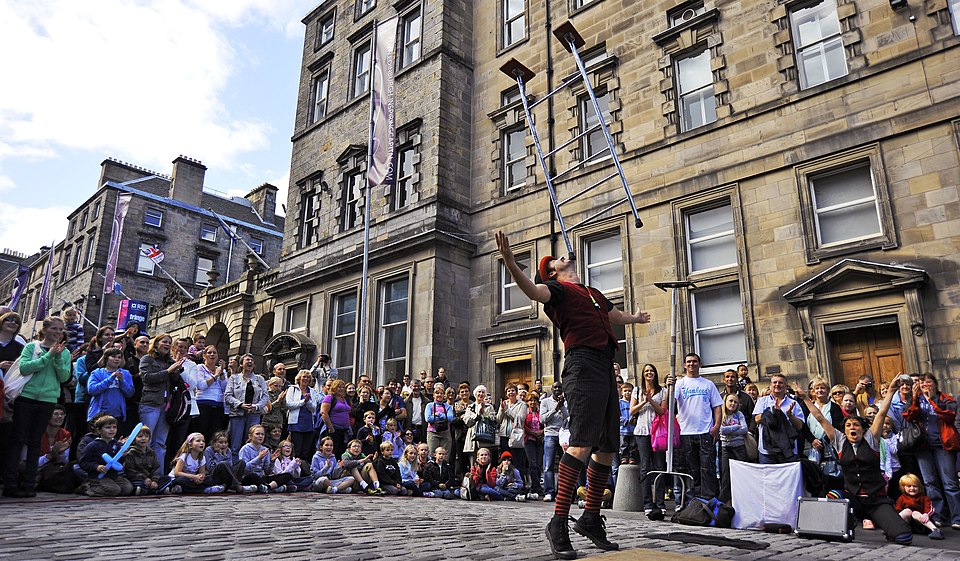
The Peckham Fringe, a vibrant celebration of local art and culture, launched its fourth season this morning, May 15, 2025, drawing crowds to South London’s creative hub. The festival, running
through June, features over 20 productions by Peckham artists, with today’s opening event at 9:00 AM showcasing a new play by emerging playwright Amina Cole. The Fringe, noted in a Time Out report, has become a cornerstone of London’s cultural calendar, emphasizing community-driven creativity amid the city’s rapid gentrification.
This year’s program tackles themes of identity, displacement, and resilience, reflecting Peckham’s diverse population. Cole’s play, Roots Uprooted, explores the impact of rising rents on long-time residents, earning praise for its raw authenticity. “Peckham’s changing, but our stories endure,” Cole told attendees. The festival’s grassroots approach, supported by local venues like the Bussey Building, contrasts with larger events like All Points East, offering an intimate alternative for Londoners. X posts today buzzed with excitement, with @TheLondonMinute noting the Fringe’s role in boosting South London’s profile.
Organizers faced challenges this year, including funding cuts and venue availability, but secured support from Southwark Council and crowdfunding campaigns. The festival’s community focus has drawn comparisons to c2c Rail’s recent social mobility initiatives in East London, signaling a broader push for inclusive cultural investment. However, some residents worry about accessibility, as ticket prices, while subsidized, remain a barrier for low-income families. Local activist Jamal Edwards called for free events to ensure broader participation.
The Fringe’s opening coincides with other cultural developments, including the upcoming London Grammar performance in June, highlighting London’s packed 2025 festival season. Yet, Peckham’s event stands out for its hyper-local ethos, fostering dialogue between artists and residents. Mayor Khan, who attended the opening, praised the Fringe as “a model for cultural equity,” though critics argue his administration must do more to protect affordable spaces for artists amid housing pressures.
As the day unfolded, workshops and pop-up galleries kept the energy high, with young performers like 16-year-old rapper Kemi Ade taking the stage. The Fringe’s success could inspire similar initiatives across London, but its future depends on sustained investment and community support. For now, Peckham is basking in the spotlight, proving that local stories can resonate citywide. Photo by Festival Fringe Society, Wikimedia commons.







































